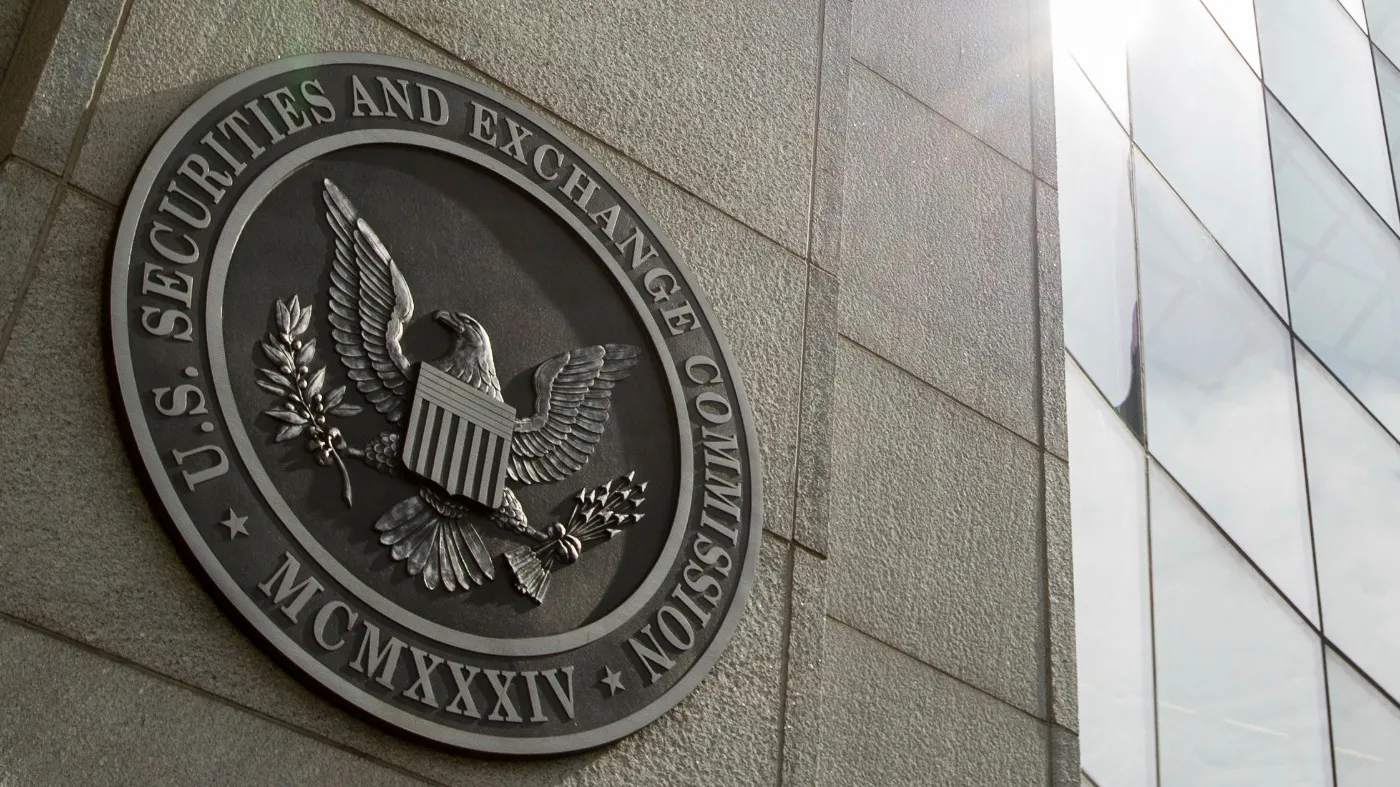SEC Declares Crypto Staking Exempt from Securities Rules in Pivotal Guidance

On May 29, 2025, the U.S. Securities and Exchange Commission issued a significant statement that will reshape the regulatory landscape for crypto staking. The SEC announced that protocol staking activities on proof-of-stake networks do not qualify as securities offerings under federal securities laws, eliminating the need for registration.
This decision provides much needed clarity for participants in the crypto space, fostering an environment where innovation can thrive without excessive regulatory burdens. By addressing staking, a process integral to the security and operation of many blockchain networks, such as Ethereum and Solana, the SEC has taken a measured step toward supporting the growth of decentralized technologies.
The SEC’s statement focuses on staking within public, permissionless proof-of-stake networks, where participants validate transactions and earn rewards in the form of newly minted crypto assets or transaction fees. The SEC evaluated three primary staking arrangements: self-staking, where individuals use their own resources to stake assets; self-custodial staking with third parties, where asset owners delegate validation rights while retaining control; and custodial staking, where third-party custodians manage assets on behalf of owners.
Applying the Howey test, the SEC determined that these activities do not meet the criteria for an “investment contract.” The reasoning hinges on the absence of reliance on entrepreneurial efforts, as staking rewards stem from administrative tasks rather than managerial decisions. Additionally, the lack of a common enterprise and the service oriented nature of staking further distinguish it from traditional securities.
Stay In The Loop and Never Miss Important Crypto News
Sign up and be the first to know when we publishLegislative Push for Regulatory Clarity
In a related development, U.S. lawmakers introduced the Digital Asset Market Clarity Act of 2025, or CLARITY Act, on the same day. This bipartisan legislation, spearheaded by House Financial Services Committee Chairman French Hill and Representative Dusty Johnson, aims to delineate the regulatory roles of the SEC and the Commodity Futures Trading Commission in overseeing crypto assets.
The CLARITY Act seeks to establish a clear framework that prioritizes consumer protection while encouraging American leadership in the digital asset marketplace. Hill emphasized the bill’s role in providing long overdue regulatory certainty, while Johnson underscored the importance of a defined structure to maintain U.S. competitiveness in the global crypto economy.
The SEC’s staking guidance and the introduction of the CLARITY Act mark important milestones for the crypto industry. By alleviating concerns about securities registration for staking, the SEC has removed a significant barrier for node operators, validators, and custodians. This is likely to encourage broader participation in proof-of-stake networks, enhancing their security and decentralization.
Meanwhile, the CLARITY Act signals a commitment to crafting a cohesive regulatory approach that balances innovation with oversight. Together, these developments pave the way for a more robust and accessible crypto ecosystem, positioning the United States as a leader in blockchain and crypto.
More Bitcoin and Crypto News:
- Japanese Lawmaker Named Satoshi Advocates For A National Strategic Bitcoin Reserve
- AI Tagging On Blockchain Czs Vision For Cryptocurrencys Future
- Polymarket Bets Millions On Paul Vs Tyson A New Era For Betting On Sports
- FTX Begins 5 Billion Payout To Claim Holders In Bankruptcy Recovery
- Sam Bankman Fried Satirized In Prison Musical With Diddy And Luigi Mangione

